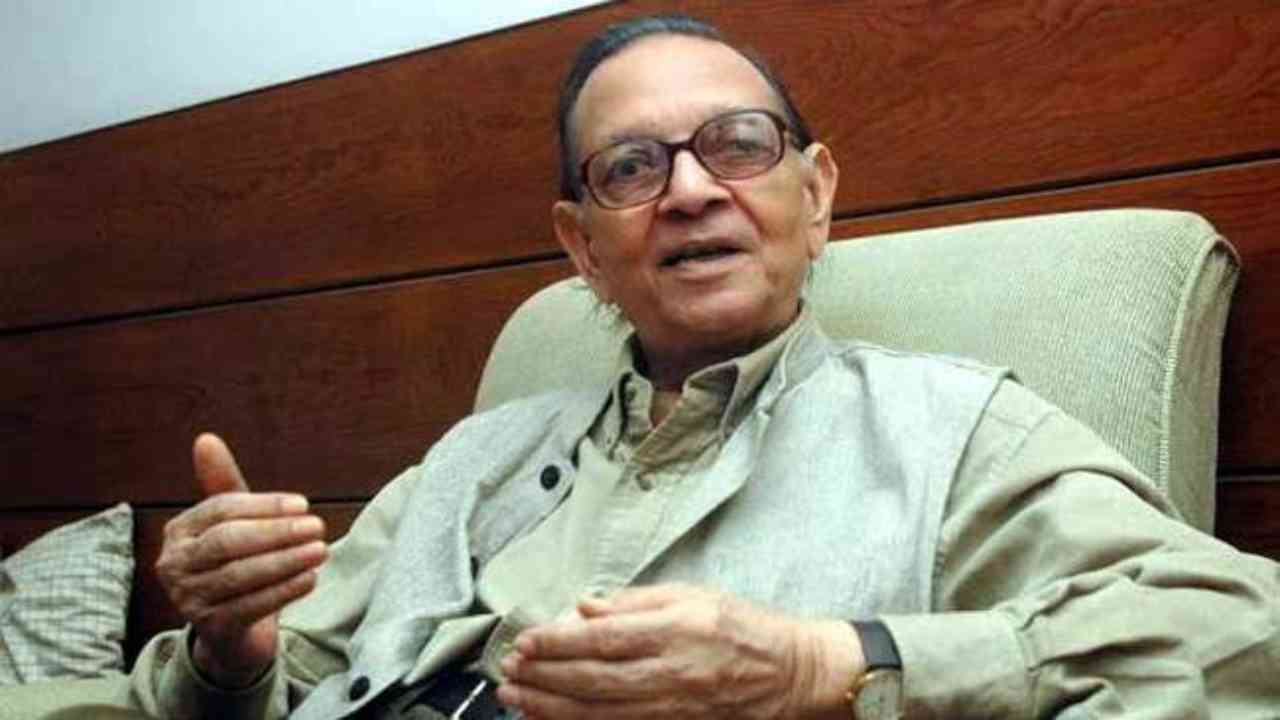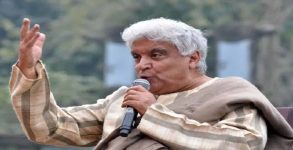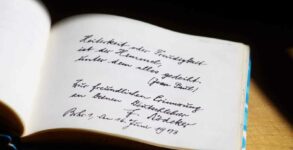Born on September 9, 1927 in Uttar Pradesh’s Faizabad, Kunwar Narayan was known for his poetry, stories and critiques.
Apart from his first poetry collection “Chakravyuh”, which is considered a landmark in Hindi literature, his other works including “Atmajaya”, “Apne Samne”, “Koi Dusra Nahi”, and “In Dinon” put him on the forefronts of the literary world.
Along with other famous poets, he also made it to “Tisra Saptak”, a literary series, edited by poet and journalist Agyeya.
While he received positive response for “Akaaron Ke Aas Paas”, a collection of stories, his collection of literary criticism, “Aaj aur Aaj se Pehle”, is also considered among his best works.
When filmmaker Satyajit Ray was shooting ‘Shatranj ke Khiladi’ and wanted to make some changes in Premchand’s story, he did it while staying at Hindi poet Kunwar Narayan’s home in Lucknow. His stay involved long discussions and a dialogue on how precisely to make those changes, and retain what they must.
This interaction epitomises the era that Kunwar Narayan, who died at home early Wednesday morning, straddled and represented. One which spoke of many worlds in Hindi, cosmopolitan and confident.
Narayan, poet and literary figure who started writing at a time of great ferment in the Hindi world, did so when Agyey, Nirala and Muktibodh were active. He is seen by younger writers as among the last of the doyens of Hindi literature, who made his mark, wrote, translated and stayed steeped in all kinds of creative expression especially cinema and classical Hindi music.
He published in Hindi and was prolific but drew from a range of sources. His house was a centre for all kinds of creative sabhas, discussions and mehfils. His deep connection with Indian mythology and the use of literary motifs and characters to focus on love and engage in a dialogue about death (through Yama and Nachiketa, among others) made his modernity unique, and was influential.
“He used language as a prism to look at love and also on death. Through his poems he discussed all its dimensions,” says writer Manglesh Dabral. “In the modern, troubled and uneasy disquiet, he spoke of sanity and serenity and reflected deeply. The ambit of his knowledge was very wide.”
Chakravyuh, was his first collection of poems published in 1956. He co-edited magazines; Yug-Chetna, and later Naya Prateek and Chhayanat.
Besides poetry, his translations of poets in several languages Constantine Cavafy, Jorge Luis-Borges and Ted Hughes, among others, broke new ground in making all this available to Hindi readers. His latest was a collection of world poetry translations, ‘Na Seemayen Na Dooriyan’. Besides, his dabbling in Indian mythology made him, for writer Apoorvanand, a truly modern mind who was deeply immersed in Indian tradition, and deeply connected with it. His departure is a great loss.”
He won a series of awards including the Vyas Samman, the Sahitya Akademi Award and the Jnanpith. He was awarded a Padma Bhushan in 2009.
Narayan was deeply influenced by his travels to Europe, Russia and China and never hesitated in allowing himself to be influenced by poets and traditions he encountered, while continuing to explore and widen Indian themes.
Active until his last days, even after he lost his ability to see a few years ago, Narayan kept up his dictations and carried on. His last published title was “Lekhak ka Cinema”, a book of reflections on cinema that came out in July but one he never held as he slipped into a coma shortly afterward.
Recalling their first interaction more than 30 years ago, and how he “experienced a civility and humility which was so unique, especially in those times”, Narayan’s publisher, Ashok Maheshwari of Rajkamal Prakashan, said, “It is a deep regret that I could not hand him his last book. He was taken ill that very day.”
Remembering Jaishankar Prasad: Legendary Indian Hindi Literature Poet on his 84th death anniversary
Kunwar Narayan is survived by his wife Bharati and son Apurva.
On the day the Babri Masjid was demolished in 1992 and riots broke out, the Faizabad-born poet wrote many poems. In one, “Ayodhya, 1992”, there is a call-out to Lord Ram:
“Tumhare bas ki nahi, Us avivek par vijay,
jiske dus-bees nahi, ab laakhon sar, laakhon haat hain,
Aur Vibheeshan bhi ab, na jaane kiske saath hai…”


















